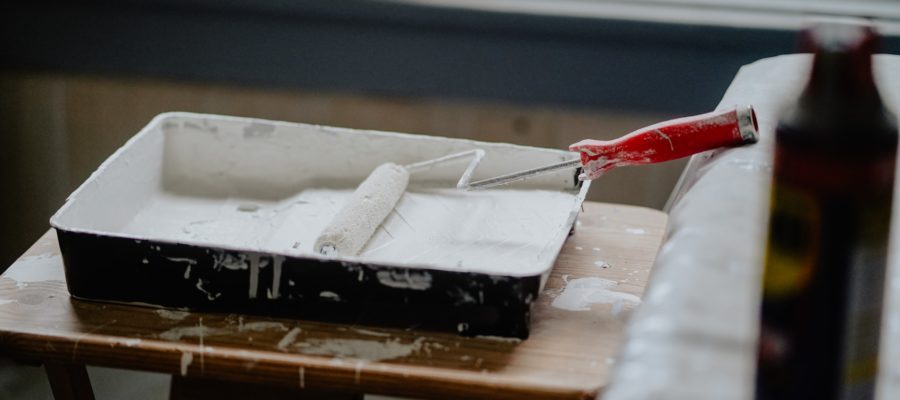Whether you’re maintaining your longtime home or working on repairing a fixer-upper, one of the most important considerations you’ll run into is how you’ll prioritize the repairs you need to make. As a homeowner, it can easily feel like your to-do-list of projects to work through will never end. Nevertheless, by prioritizing the projects that keep you safe, secure, healthy, and happy, you can make impactful progress at each step of the process. Here are some projects that should come first.
Any Repairs that Impact Security

As a homeowner, it’s important to plan for the worst-case scenario in any situation. In this case, you need to have a plan in place in case of a break-in, vandalism, or other security issues. If the lock on your front door doesn’t secure properly, it will be that much easier for a burglar to get in. If you’re the victim of vandals and don’t repair the damage, you’ll be at risk of a repeat occurrence. Simply maintaining your doors, windows, and existing safeguards will act as an insurance plan against these worst-case scenarios, keeping you and your family safe in even an emergency.
Any Repairs that Affect Your Health

Just as it’s critical to make repairs that impact the security of your home, it’s just as important to protect the health of the people who live in it. You know how to make a health insurance claim should a medical issue arise but, whenever possible, it’s even better to avoid the need for that medical service in the first place. Be aware of any hidden (or not so hidden) dangers lurking in your homes, such as leaks, high radon levels, or structural damage, and prioritize these repairs to keep you and your family from receiving a high itemized bill for medical services due to residing in what should be the safest place you go.
Any Repairs that Lead to Bigger Issues

As you consider the home improvements and repairs that need to be made, it’s all too easy to overlook small concerns in favor of the more obvious problems. However, all too often, those same small issues can be the cause of worst-case scenarios for homeowners. A small crack in your wall may lead to damage to your home’s foundation. A blocked drain or even a simple dripping faucet can lead to water damage. A seemingly minor problem can be a precursor to a more serious, and much more costly, issue if you don’t act now.
Any Repairs that Are Timely

To some degree, you can identify timely repairs by those that are especially urgent. Just as importantly, you should consider those projects that are seasonally relevant, too. Perform regular maintenance tasks each season and ensure that your space is ready for the months ahead, especially leading up to winter or summer. Double-check that your roof is ready to withstand a heavy snowstorm or your patio is prepared for warm-weather picnics and backyard barbecues. Consider the tasks that make the most sense given the current weather, like indoor repairs during the winter months, and keep your home in tip-top shape year-round.
Any Repairs that Bring You Joy

Some of the most important home projects you’ll take on are those that will keep you healthy and secure in the safety of your home. However, once your most critical tasks are completed, it’s just as important to consider those home repairs that will simply make you happy. It’s a good idea to consider what changes you could make to make your home a happier place. Are you always losing your work ID card or misplacing critical paperwork for your insurance company or health care provider? Maybe you’re in need of a home office with a designated space for these important papers. Figure out what changes would make your home a better place and take the time to implement them—your mental health will thank you.
No matter what your plans, taking the time for strategic planning of your home repairs can not only make your home a happier, healthier place to live, but it can save you plenty in out-of-pocket expenses. Not only can you get ahead of tasks before they put you and your family in danger, but you can save yourself the costs of costly medical care—not to mention the time spent making phone calls to your insurance company—after a worst-case scenario puts you in harm’s way.
